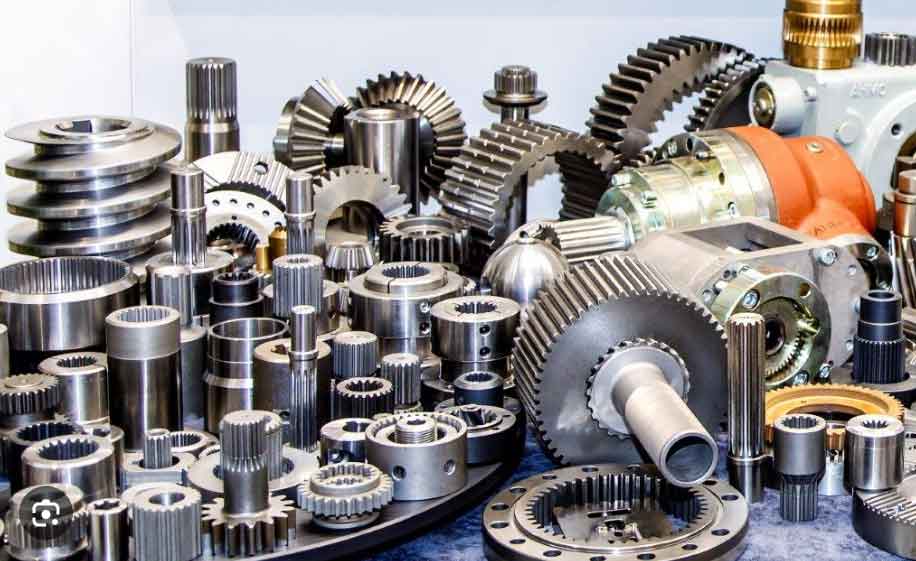
Using forged gear blanks offers several benefits, primarily related to their strength and integrity. Here are some key advantages of using forged gear blanks in gear manufacturing:
- Superior Strength: Forged gear blanks are known for their exceptional strength. The forging process involves subjecting the metal to high heat and pressure, which aligns the grain structure and eliminates internal voids and defects. This results in a gear blank with improved mechanical properties, including higher tensile and yield strength. The enhanced strength of forged gear blanks allows them to handle heavy loads, shocks, and stresses without deformation or failure.
- Improved Fatigue Resistance: Fatigue failure is a common concern in gear applications due to repeated loading and unloading cycles. Forged gear blanks exhibit excellent fatigue resistance due to their refined grain structure and absence of internal defects. They can withstand prolonged use and cyclic loading without developing cracks or experiencing premature failure, leading to increased gear life and reliability.
- Enhanced Wear Resistance: Gears often experience sliding and contact stresses, leading to wear over time. Forged gear blanks can be made from materials with high wear resistance, such as alloy steels or specialized alloys. The forged structure ensures a uniform distribution of alloying elements, improving the material’s wear resistance. This allows the gears to maintain their performance and dimensional integrity over extended periods, reducing the need for frequent replacements.
- Improved Dimensional Accuracy: Forging provides excellent control over the dimensional accuracy of gear blanks. The process involves precise shaping of the metal under controlled conditions, resulting in gear blanks with tight tolerances and consistent dimensions. This dimensional accuracy facilitates the subsequent machining and assembly processes, ensuring proper meshing and alignment of the gears in the gear system.
- Integrity and Reliability: Forged gear blanks exhibit high material integrity and reliability. The absence of internal voids, porosity, or other defects ensures the gears have a consistent and homogeneous structure. This contributes to the overall integrity and reliability of the gear, minimizing the risk of sudden failures or performance issues.
- Customizability: Forged gear blanks can be customized to meet specific design requirements. The forging process allows for the creation of complex gear geometries and features, enabling the production of gears tailored to specific applications. Customizability ensures that the gears can be optimized for performance, efficiency, and compatibility with the overall gear system.
Using forged gear blanks provides gear manufacturers with the assurance of producing high-strength and high-integrity gears. These benefits lead to improved gear performance, extended service life, and reduced maintenance costs, making forged gear blanks an ideal choice for demanding applications in various industries.
